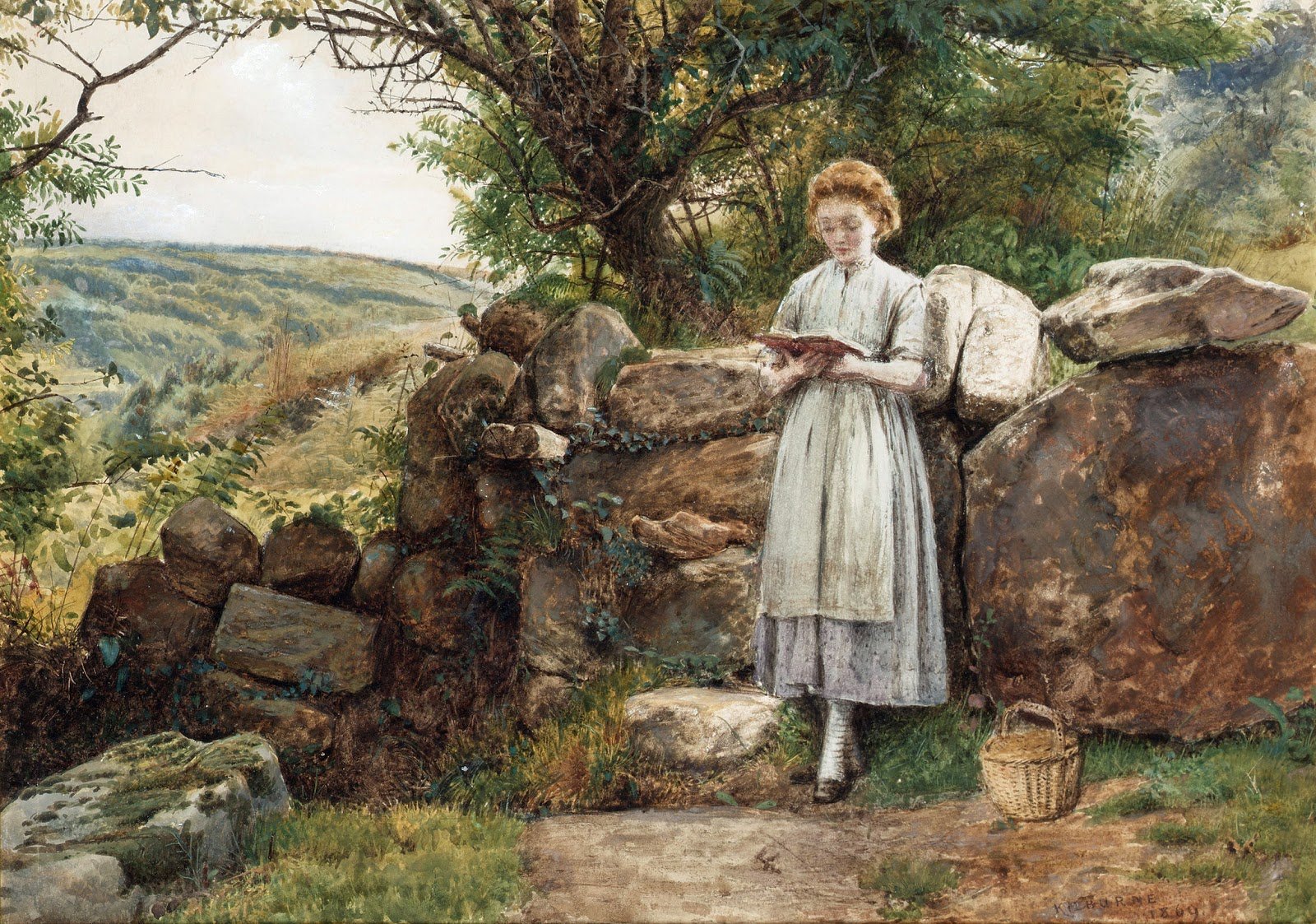This is the second of this anonymous author’s novels (the first, Broomhill, had appeared three years earlier). Despite some period clichés (e.g., the ideal clergyman who, after final exhortations to his family, expires with a heaven-witnessing smile), it represents some delightfully bad marriages.
“With greater powers of writing and more knowledge of life than usually belongs to the circulating library novel, Married Women is essentially of that class. . . . The scenes, though not wanting in power or spirit, possess that faded air which characterizes general imitation. But there is the main thing in a novel—a well-varied story, told with sufficient rapidity, relieved by secondary fortunes without complex involution, and if not reminding one of the actual yet rarely outraging probability. It is a book for the reader rather than the critic; though better adapted to the main end of writing, that of pleasing the class of readers for whom it is designed, than some fictions of a more vaulting ambition.” Spectator, March 10 1855
“We have read this novel ourselves with much pleasure, and we have no doubt that many others will do the same. If rigidly criticized, the story will be found straggling:—it concerns too many people, who are all independent of each other, and do not work together to produce unity of result. But, notwithstanding this, the book is extremely interesting, and, what is more, the tendency is healthy and unexceptionable. The characters are well and firmly drawn. . . . Some of the scenes evince quiet power and force of delineation, without ambitious straining after effect.” Athenaeum, March 17, 1855
A contrasting view:
“Milk-and-water triviality. . . . We suppose there is still a public for novels like this among the clients of circulating libraries in provincial towns; and, after all, an interest in such feeble creations is better than blank ennui or indulgence in acrid gossip.” Westminster Review, July 1855
Download this fortnight’s novel:
https://solo.bodleian.ox.ac.uk/permalink/44OXF_INST/35n82s/alma990146724840107026
(Right-click (or control-click, if you have a Mac) on the “view digitized copy” links to download the novel’s three volumes in pdf form)






















